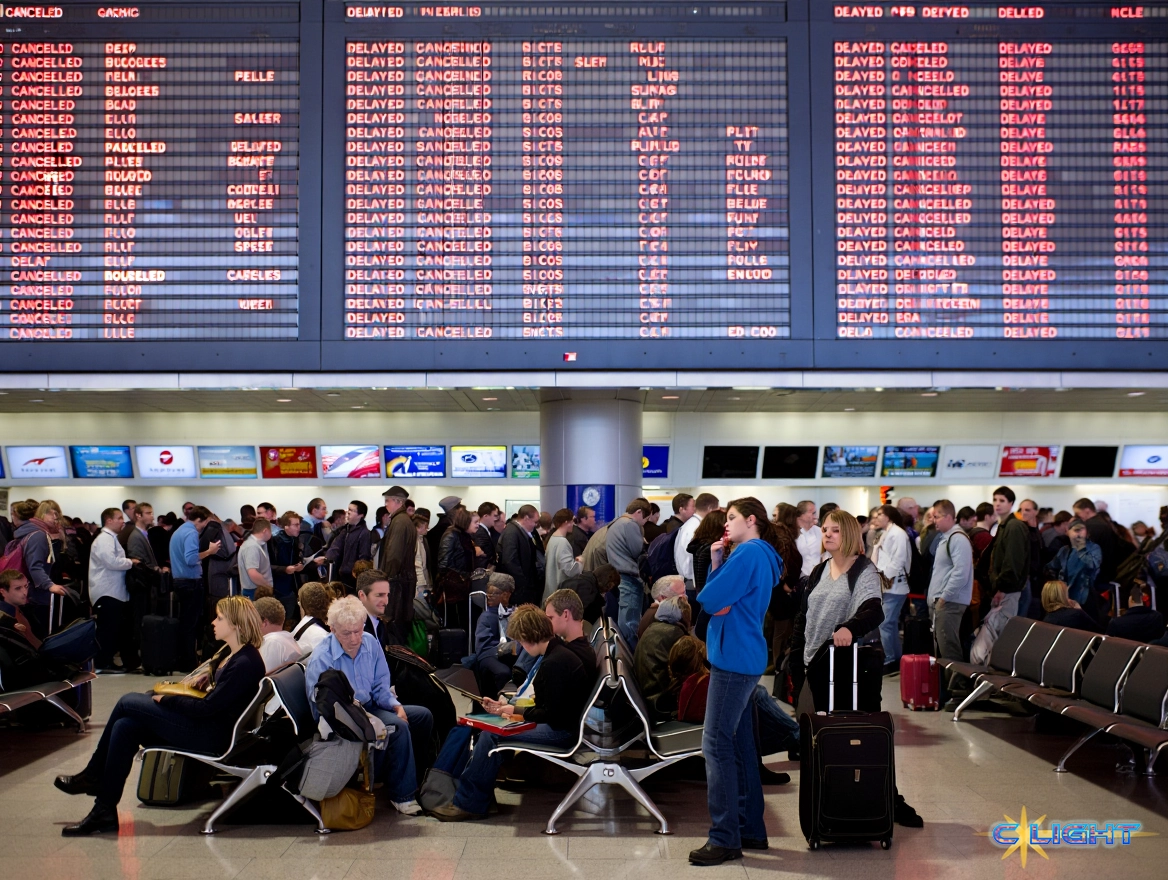2 minutes read time.
For thousands of travelers across Europe on Saturday, the modern marvel of air travel ground to a screeching halt, replaced by the chaotic friction of a bygone era. Electronic check-in kiosks went dark. Automated baggage systems stopped. Passengers at some of the continent’s busiest hubs, including London’s Heathrow, Brussels, and Berlin’s Brandenburg airport, were forced into long queues for manual check-ins and boarding, leading to significant delays and cancellations. This was not a mechanical failure or a weather event; it was a deliberate act—a targeted cyberattack that exposed the profound fragility of our interconnected world.
The attack, which began Friday night, did not target the airports or the airlines directly. Instead, it hit a critical, yet largely invisible, nerve center of global travel: Collins Aerospace, a U.S. aviation and defense technology company and a subsidiary of the defense giant RTX (formerly Raytheon Technologies). The hackers struck the company’s MUSE (Multi-User System Environment) software, a platform used by numerous airlines to allow passengers to check in, print boarding passes, and dispatch their own luggage.
The result was a cascading failure. With the electronic systems rendered inoperable, airports were thrown back on archaic manual procedures, a process completely inadequate for the volume of modern air travel. Brussels Airport reported a “large impact” on its flight schedule, with nine flights canceled and dozens more facing delays of an hour or more by mid-morning.

While the company and affected airports worked to mitigate the damage, and some hubs like Paris and Frankfurt remained unaffected, the incident serves as a terrifying proof-of-concept. It demonstrates how a single, successful attack on a single third-party vendor can simultaneously cripple critical infrastructure across multiple countries. This is not just an inconvenience; it is a direct threat to global commerce and personal security.
The ultimate question, as you noted, is one of accountability. In a world where our ability to travel, to conduct business, and to live our lives depends on a complex, interwoven web of private technology, who is responsible for defending it? While Collins Aerospace works to resolve the issue, and governments issue statements of concern, the fact remains that a hostile, unseen actor was able to endanger and disrupt the lives of thousands of people with a few lines of code. As long as this vulnerability persists, the concept of “safe air travel” remains a fragile assumption, one that can be shattered at any moment.
Discover more from Clight Morning Analysis
Subscribe to get the latest posts sent to your email.










